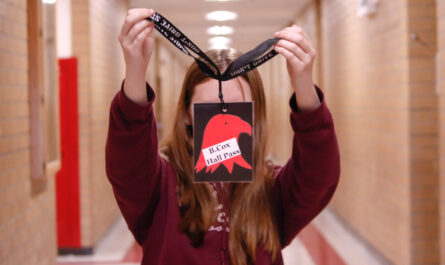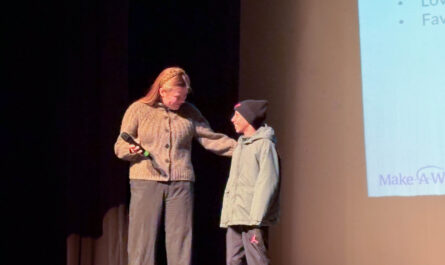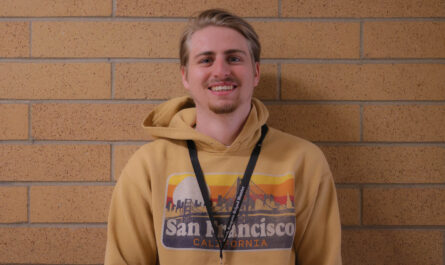College and Career Readiness (CCR) is a new program intended to prepare students for life after high school.
CCR is replacing SEOP (Student Education Occupational Plan), which has been used in previous years. Students meet each year with their counselor to discuss what they plan to do after high school, and make sure they are on track to be successful.
Those graduating in 2016 and 2018 are assigned to meet with Ben Cox, while those graduating in 2017 and 2019 meet with Chet Keisel. Counselors meet individually with students every other year and they meet as a group during the other years.
In a recent survey, 89% of NS students said that they have a plan for life after high school. However, only about 30% said they had discussed it with their counselor.
“You’re never going to fully understand and know your options until you talk to someone with the resources that the counselors have,” junior Teya Smith said.
She agrees that while having a plan is definitely important, a majority of the students don’t seem to understand how beneficial a counselor can be.
“I hope students think of their counselors as resources to help them get where they want to be,” counselor Ben Cox said, “because that’s what we’re here for.”
He thinks that there are many things students can do in high school to better prepare for college and a career.
“Depending on what kind of work [students] go into, having experience is incredibly valuable,” Cox said. “If you can start getting those experiences earlier, it just puts you that much further ahead of the competition.”
Counselors can help a student decide which classes, programs, and internships would be the most valuable in working towards achieving his goals. Internships are an especially valuable high school experience.
“[Internships] can help students find what they love and weed out the things that they don’t,” Cox said.
Internships also give students a leg up when applying for jobs in that field.
Counselors can also open students’ eyes to scholarship opportunities that they might otherwise miss.
“There are specific scholarships if you commit to going into a certain field,” Cox said, “but if I don’t know that you’re even interested, then we never have that discussion, and you end up paying more than you need to.”
Although it’s hard to pinpoint a specific career before graduation, counselors want each student to know at least what general area to major in.
“It’s a big mistake if a kid goes into college not knowing what kind of a career he wants,” Keisel said, “because he can waste a lot of time and spend a lot of money pursuing a career that he doesn’t want.”




